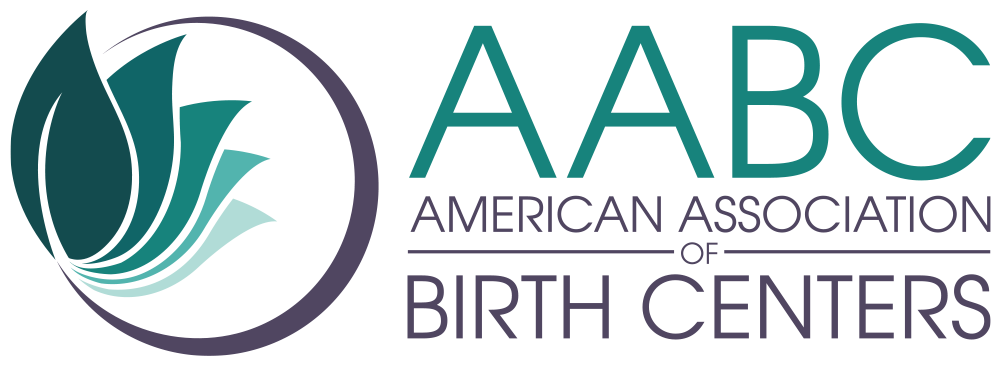AABC Community Birth Assistant Training
2 course options to meet everyone's needs
rogram Overview
This AABC program establishes a standard for quality birth assistants. Successful completion of the course ensures employers and birth center clients that the birth assistant has ample knowledge and training to assist with labor, birth, and the immediate postpartum period. It is comprehensive and robust, consisting of modules of presented content, demonstration videos, HIPAA and OSHA compliance training, and an in-person skills assessment. The program consists of :
- 15 Modules of presented content with final exam
- Skills and drills videos
- Skills assessment
- HIPAA and OSHA compliance training
Students are also required to provide evidence of NRP and CPR training.
Two Course Options to Meet Everyone's Needs
Option 1: Community Birth Assistant Training for Individual Learners
Individual professionals in this program are equipped to take their careers to the next level with guidance and support by AABC Faculty mentors and trainers.
Individual Learners Enroll Now
Option 2: Training in a Box for birth centers and midwifery practices
AABC member birth centers and midwifery practices have the opportunity to mentor their teams by becoming a centralized training resource. Birth centers are empowered by:
- Skills Assessment Faculty Training - The birth center leadership receives evidence-based training as an approved AABC Skills Faculty. The birth centers will be able to conduct their own skills for employees enrolled and be compensated for any individual learner from the Community Birth Assistant Program who needs a skills evaluation.
- Case Study Mentorship Training - The birth center leadership gains the skills and resources required to observe their employees as they observe births as a trained AABC mentor.
Get Started with the Training in a Box
"We require all of our birth assistants to take the AABC Community Birth Assistant Training because it's important to us that they are trained in an evidence-based model. We wanted a program that would help us to train our assistants in all areas of labor and birth, from how to chart or take heart tones to requiring NRP and knowing the steps to assistant midwives in an emergency. We consider AABC an expert source in the community birth setting, so we trust them as the experts on birth assistant training to help our team become stronger." Jenny Fardink, LM, CPM and Christy Peterson, CNM, Clarksville Midwifery
Evidence-based Curriculum
The course draws from numerous philosophies and modalities to create a recognized standard for quality birth assistants trained to support the midwife and family during labor, birth, and the postpartum period. The curriculum was designed to train birth assistants in the midwifery model of care in the out-of-hospital setting.
- Medical Terminology
- Anatomy and Physiology of the Birthing Person
- Anatomy and Physiology of the Baby
- Vital Signs
- Communication
- Cultural and Health Literacy at Birth
- Process of Labor and Birth - Stages 1 and 2
- Postpartum and Beyond - Stages 3 and 4
- Emotional Aspects of Birth
- Medicines
- Lactation & Nursing
- Risk Assessment
- Minor Deviations from Normal
- Major Complications of Labor
- Professional and Legal Issues
Skills, Drills and Assessment
After completing the didactic portion of the course, students will arrange a skills assessment with one of AABC's approved instructors. AABC has skills faculty in the following areas:
- Anchorage, AK
- Colorado Springs, CO
- Berwyn, IL
- Burr Ridge, IL
- Baton Rouge, LA
- Minneapolis, MN
- Cincinnati, OH
- Rapid City, SD
- Clarksville, TN
- Austin, TX
- Fort Worth, TX
- Houston, TX
- Webster, TX
- Richland, WA
These locations are subject to change and cannot be guaranteed. AABC continues to train skills assessment faculty and is working toward having at least one in each state that has a birth center.
Questions?
Contact AABC by email or by phone at (215) 234-8068.

